How To Be More Uncertain – Mar 25
Humans love certainty, intuitive explanations, and discovering patterns. Yet our world is complicated and filled with randomness. Statistical thinking provides us with practical tools for making sense of an uncertain world. It can lead us to make surprising conclusions from the data of everyday life. And it also teaches us humility in the face of uncertainty.
Our speaker, Dr. Jacob Bien, is Associate Professor of Statistics at the University of Southern California. He is also a founding member of Wonderfest's Board of Directors.
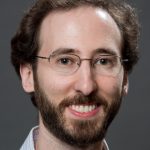
Dr. Jacob Bien
Odds are ... that you will love this FREE event! Therefore, please use the "Tickets" box, below, to support nonprofit Wonderfest in accord with the value this experience has FOR YOU.
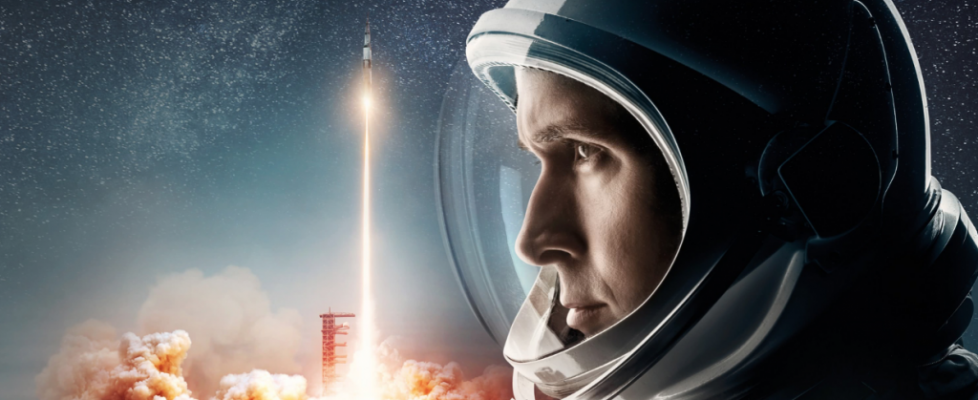
First Man, with Insights – Mar 23
First Man is 2018's Oscar-winning dramatization of events — and emotions — leading up to the Apollo 11 Moon mission in 1969. Following a special Science on Screen showing of First Man at St. Helena's Cameo Cinema, Wonderfest presents expert analysis of those events and emotions by NASA Mission Control insider Jay Trimble, and by The Apollo Chronicles author Brandon Brown.
Jay P. Trimble is Founder and Lead at Open Mission Control Technologies, NASA Ames Research Center. Brandon R. Brown, PhD, is Professor of Physics & Astronomy, University of San Francisco.
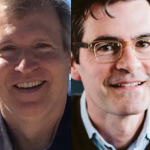
Jay Trimble & Brandon Brown
Purchase advance tickets via the Cameo Cinema website, linked below.
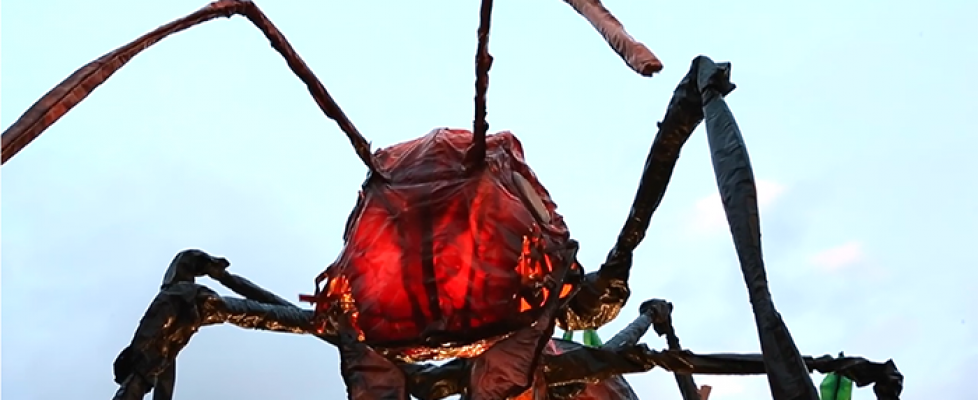
Insects: Good, Bad, & Ugly – Mar 13
We humans often do battle with creepy invaders of our living spaces. Entomologist Vernard Lewis will present the latest research on the biology, detection, and control of villainous house guests: insects that occupy the nooks and crannies of our homes — particularly ants, bedbugs, and termites. He will also display some of the creepy-crawlers, both dead and alive. (Do NOT take these home!)
Dr. Vernard Lewis is emeritus Cooperative Extension Specialist in urban entomology at UC Berkeley's Department of Environmental Sciences, Policy, and Management. He chaired the United Nations' termite dream team: the Global Termite Expert Group.
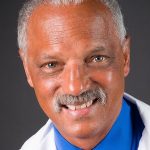
Dr. Vernard Lewis
This FREE event is produced by Wonderfest in collaboration with the Castro Valley Educational Foundation and Castro Valley Science. Our venue, CV High School, is a 15-minute walk (or 5 min by car) from the Castro Valley BART station. Find abundant parking in lots on Mabel Avenue and Redwood Road. Please be sure to register via the link, below.
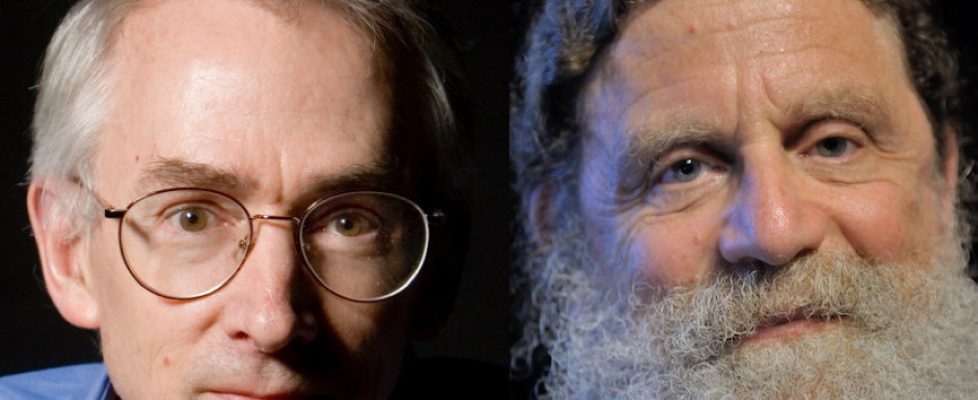
Extending Darwin’s Revolution – Mar 5
David Sloan Wilson is one of Earth's foremost evolutionary biologists. His new book, This View of Life: Completing the Darwinian Revolution, "moves us in the direction of sustainable living at all scales ... with the compass of evolutionary theory." Professor Wilson will be in conversation with another of the planet's research luminaries, neuroscientist Robert Sapolsky.
David Sloan Wilson is Distinguished Professor of Biological Sciences and Anthropology at Binghamton University; he is also co-founder of the Evolution Institute. Robert Sapolsky is Professor of Biology, Neurology, and Neurosurgery at Stanford University; he received Wonderfest's 2008 Carl Sagan Prize for Science Popularization.
This event has no admission charge. Take care to secure seating early; this will be a popular event. Please consider purchasing a copy of This View of Life at BookShop West Portal, AND consider a donation to nonprofit Wonderfest, via the "Tickets" box below, in accord with the value this event has TO YOU.
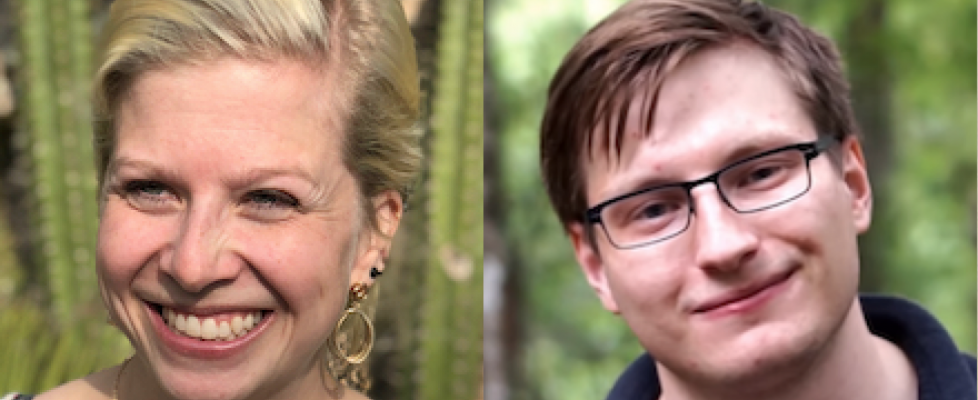
Thinking About Math & A.I. – Feb 28
Wonderfest Science Envoys are early-career researchers with special communication skills and aspirations. Following short talks on provocative modern science topics, these two Science Envoys will answer questions with insight and enthusiasm:
- UC Berkeley computational cognitive scientist Rachel Jansen on What Is Math? How is it that math summons feelings of anxiety—and even fear—for some, while others hold it in the highest esteem?
- Stanford computer scientist Andrey Kurenkov on What Are Present-Day AI Researchers Actually Doing? How can recent, cutting-edge achievements give us the right (or wrong!) idea about what constitutes artificial intelligence?
This event is FREE. Still, what value does this knowledge have FOR YOU? Please contribute to Wonderfest accordingly, and help to promote the scientific outlook broadly — as through this outstanding Science Envoy Program — via the "Tickets" box, below.
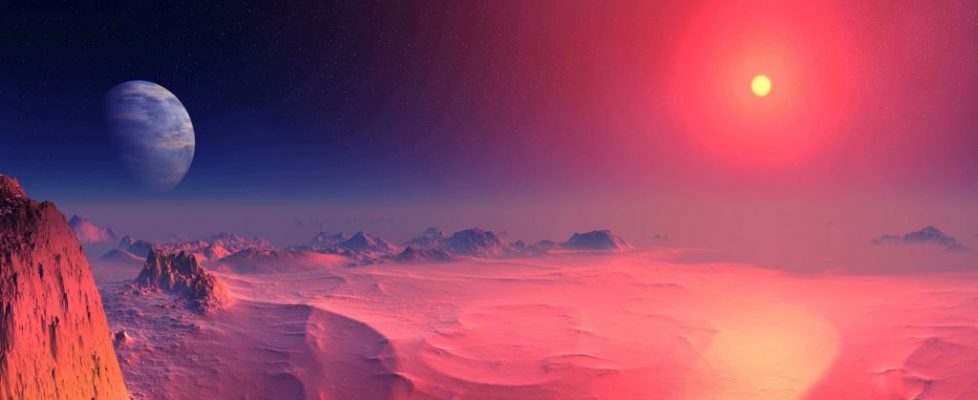
Hosting Habitable Planets – Feb 25
NASA's recent Kepler Mission discovered that most stars in our Milky Way Galaxy host planets. Among those planets, Earth-size worlds are remarkably common. But the conditions for planets around their host stars vary with both distance from the star and mass of the star. Astronomer Gibor Basri will explore the issues surrounding habitability — the ability to support life — for planets and space around ALL types of stars.
Dr. Gibor Basri is Professor of Astronomy at UC Berkeley. In 2016, he received Wonderfest's Carl Sagan Prize for Science Popularization.
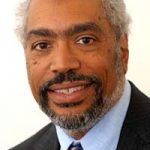
Dr. Gibor Basri
Enjoy this event admission-free. But please consider a donation to Wonderfest (via the "Tickets" box, below) in accord with the value you find in this experience.
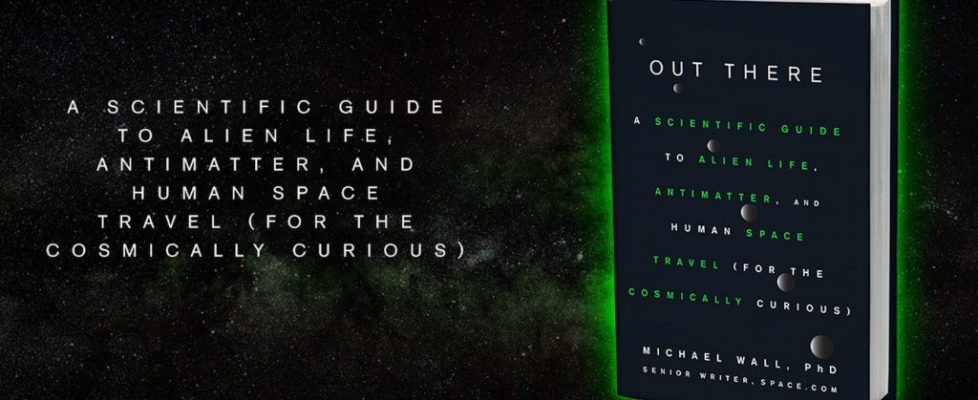
Out There – Feb 21
NASA's recent Kepler Mission gave us good reason to believe that the Milky Way Galaxy is home to billions of habitable worlds. Of course, "habitable" does not mean inhabited, far less intelligent. In this Wonderfest presentation, science writer Michael Wall will discuss the big questions that permeate humankind's search for extraterrestrial intelligence: What are we looking for? How are we looking? How would the world respond to confirmed contact? Dr. Wall will also discuss the long view of human space travel — our effort to get out there, in the flesh.
Michael Wall, PhD, is Senior Writer for Space.com. His recent book is "Out There: A Scientific Guide to Alien Life, Antimatter, and Human Space Travel (for the Cosmically Curious)."
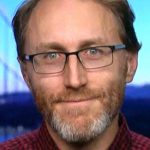
Dr. Michael Wall
Wonderfest and BookShop West Portal present Dr. Wall free of charge. Please consider using the Eventbrite box, below, to help Wonderfest generate curiosity, reason, and a popular love of science.
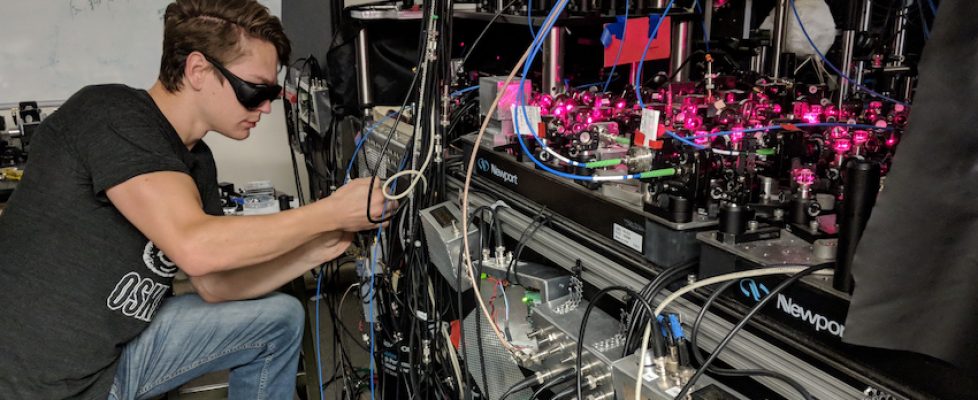
How Quantum Physics Works – Feb 7
Despite its universal scope (every little thing) and precision (better than 10 parts per billion), quantum physics retains profound mysteries. What is really going on down there in the heart of matter?! Atom interferometers are instruments that rely on the quantum "wave nature" of matter for measurements of fundamental constants AND for use as super-sensitive detectors of acceleration, rotation, and gravity. This talk will explore the importance of atom interferometers in probing the quantum realm.
Our speaker, Eric Copenhaver, is a physicist at both UC Berkeley and Stanford. He is also a Wonderfest "Science Envoy," trained in — and reveling in — crystal-clear science communication.
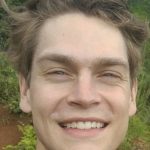
Eric Copenhaver
Although Wonderfest presents this event admission-free, please support us (via the "Tickets" box, below) according to the value this event has FOR YOU — and help bring that value of science understanding to others.
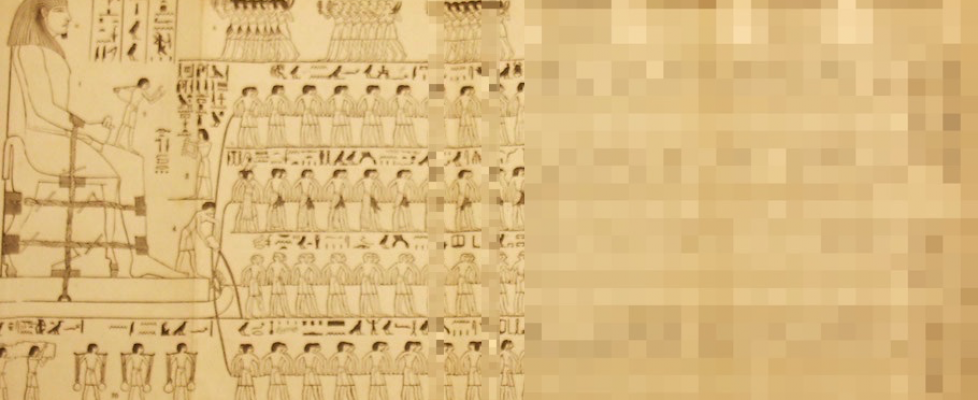
Digital Archaeology – Feb 3
Archaeology, the study of human history & prehistory through analysis of physical remains, is embracing modern technology. Advances in digital imaging and mobile capabilities are transforming the ways archaeology is practiced, experienced, and understood. This talk will explore remarkable breakthroughs in archaeology by visiting exemplar field projects from around the world, and discuss modern efforts for both sharing and saving our collective past.
Our speaker, Dr. Michael Ashley, has worked to modernize dozens of archaeological projects worldwide. He is Founder & President of Codifi, Inc., and he helps to lead the nonprofit Center for Digital Archaeology.
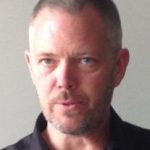
Dr. Michael Ashley
This event has no admission fee. Still, please use the "Tickets" form, below, to support Wonderfest according to the value this experience has for you.
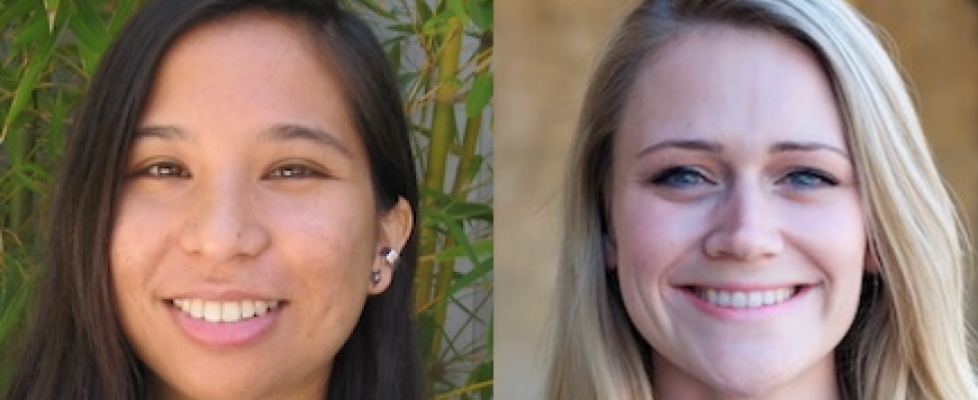
Stem Cells & the Spectrum – Jan 31
Wonderfest Science Envoys are early-career researchers with special communication skills and aspirations. Following short talks on provocative modern science topics, these two Science Envoys will answer questions with insight and enthusiasm:
- Stanford biologist Leslie Koyama on "The Secret Lives of Stem Cells" — How stem cells impact our everyday existence, and will impact the future of medicine.
- Stanford materials scientist/engineer Dana Kralicek on "The Spectrum Surrounding You" — How we experience and harness the energy of the electromagnetic spectrum.
This event is FREE. Still, what value does this knowledge have FOR YOU? Please contribute to Wonderfest accordingly, ... and deduct it from your taxes. Help nonprofit Wonderfest to enlarge the concept of scientific community — as through this outstanding Science Envoy Program — via the "Tickets" box, below.
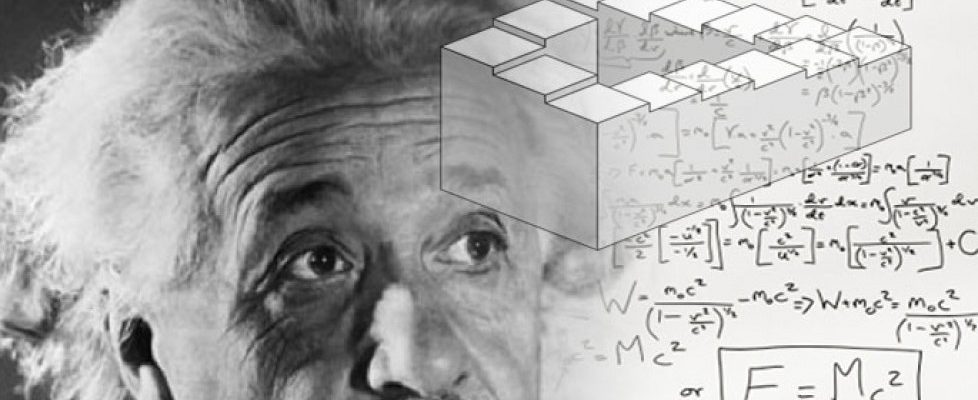
The Most Famous Equation – Jan 28
Around the world, people recognize that E=mc^2 oozes cosmic wisdom. But what does this "most famous equation" really say? What are energy and mass? And what makes the speed of light, c, so important? [Hint: mass, moving at speed c, doesn't turn into energy!] Using little more than common experience and 9th-grade math, Einstein's "special relativity" gem can come to life — with surprising insights into the nature of reality.
Speaker Tucker Hiatt, founding director of Wonderfest, has taught physics for a looong time. In 2006, he won the Amgen Award for Science Teaching Excellence, and, from 2008 to 2014, he was a Visiting Scholar in the Stanford Chemistry Department.
This event is FREE. But please help nonprofit Wonderfest to spread the clear-eyed optimism of science by donating via the Eventbrite "Tickets" link, below.
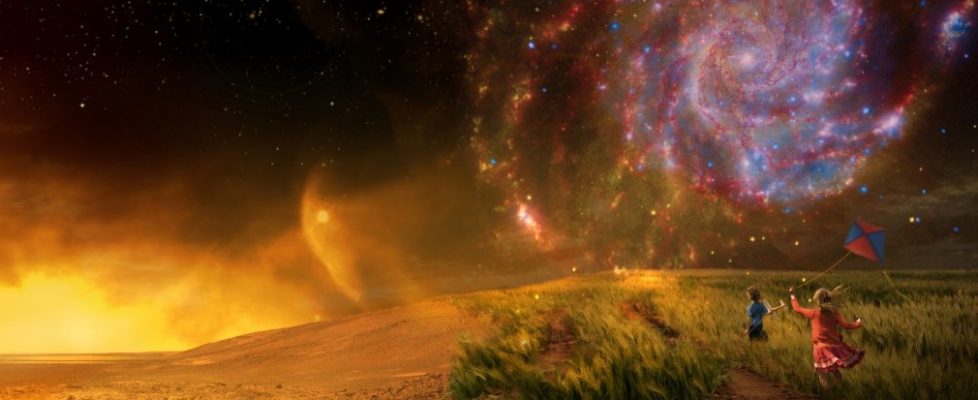
Is There a Universal Biology? – Jan 27
We search for the origins of life on Earth and the potential for life elsewhere, but what are we actually looking for? What is life? Is there only one way to construct a living organism, or are we Earthlings but one possibility out of a multitude?
Our speaker, Dr. Lynn Rothschild, is an astrobiologist and synthetic biologist at NASA Ames Research Center. She is also an adjunct professor at Brown University and at UC Santa Cruz.
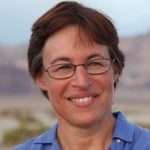
Dr. Lynn Rothschild
This presentation has no admission charge. However, please consider a tax-deductible donation to the Bay Area Beacon of Science — via the Eventbrite "Tickets" box (below) — in accord with the value this event has for you.
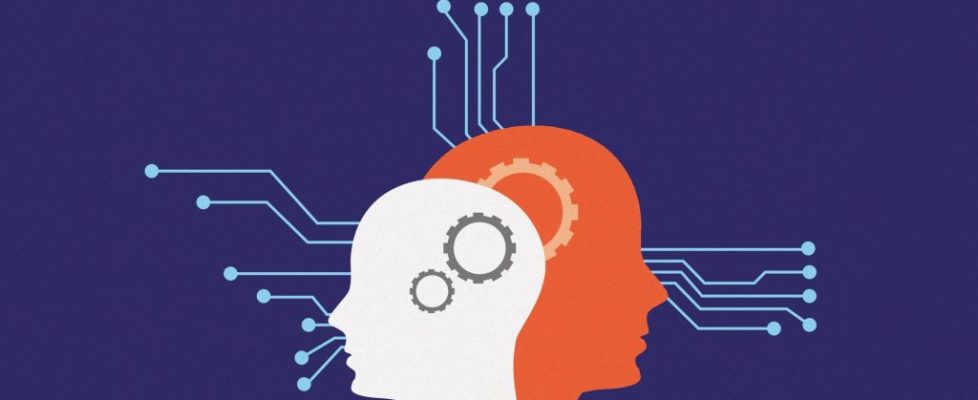
Human Values in A.I. – Jan 22
How do we ensure that artificial intelligence (AI) reflects and enacts human values? UC Berkeley’s Dylan Hadfield-Menell will explore how AI is applied in the world, and how it can go wrong — even terribly wrong. He’ll examine potential solutions that draw on an analogy with misaligned incentives in economics: in particular, the “gaming” of performance measures like standardized tests scores. He will also show how the future of AI is related to the Wells Fargo account scandal … and even to “fake news.”
Dylan Hadfield-Menell is a 4th-year PhD student in UC Berkeley's Department of Electrical Engineering and Computer Science. He is also a "spotlighted student" at Cal's Center for Human-Compatible Artificial Intelligence, and a Wonderfest Science Envoy.
Please register early ($10) for this Wonderfest event by calling the Marin JCC at 415-444-8000. "Day of" registration costs $12. Our Robot Overlords will be pleased if you come!
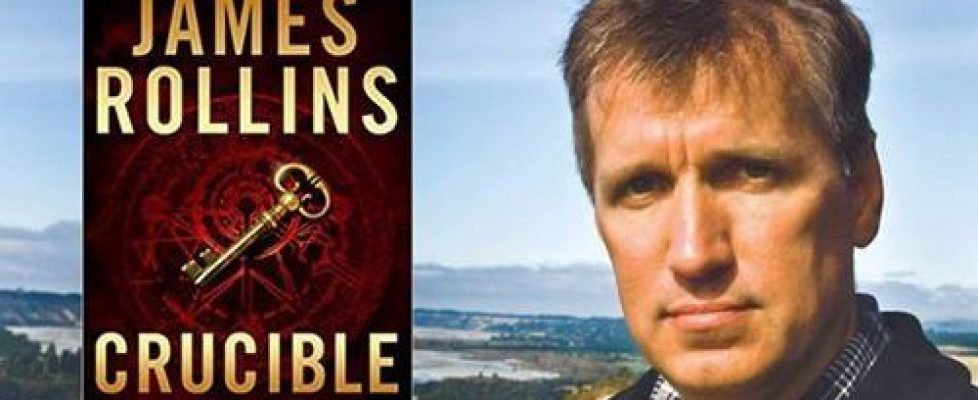
A.I. & “Crucible” – Jan 14
After Michael Crichton, but before Andy Weir, there was — and is — sci-tech thriller writer James Rollins. This New York Times #1 bestselling author has been featuring cutting-edge science and technology in his novels for 20 years. In his latest work, Crucible, Rollins explores how groundbreaking research in artificial intelligence may shine light onto the Spanish Inquisition and medieval witchcraft. Wonderfest joins BookShop West Portal in presenting James Rollins on A.I. in Crucible.
Map: [https://goo.gl/maps/DG6z8tKq6Em]
This event is FREE. But please help nonprofit Wonderfest to share the clear-eyed optimism of science by donating via the box, below.
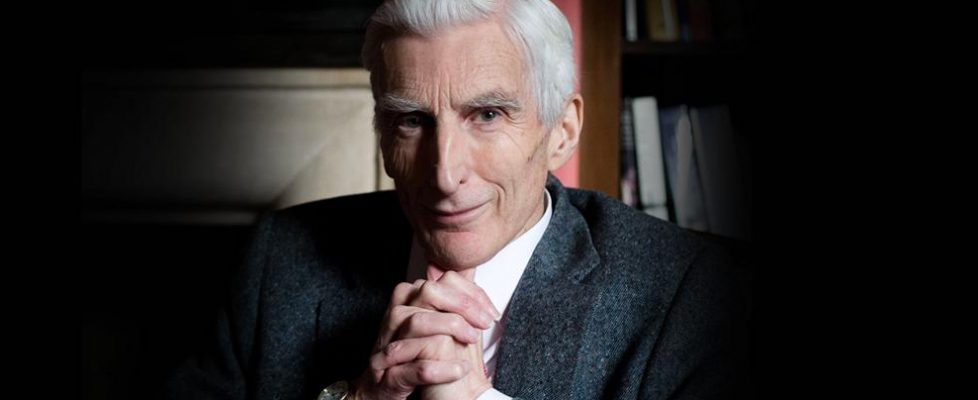
Prospects for Humanity – Jan 15
Are we doing enough to protect ourselves and our planet? According to world-renowned scientist Martin Rees, humanity has reached a critical moment, and there is no plan B for Earth. With our world changing at a rapid pace, Rees explains why the future of humanity is bound to the future of science. He offers a compelling look at how advancements in biotechnology, robotics, and artificial intelligence, if applied wisely, can address these growing challenges and threats.
Dr. Martin Rees is Britain’s Astronomer Royal. He was president of the Royal Society from 2005 to 2010, and Master of Trinity College, Cambridge, from 2004 to 2012.
Produced in collaboration with the Commonwealth Club Silicon Valley. Purchase DISCOUNT tickets with promo code WONDERFEST via the link, below.

